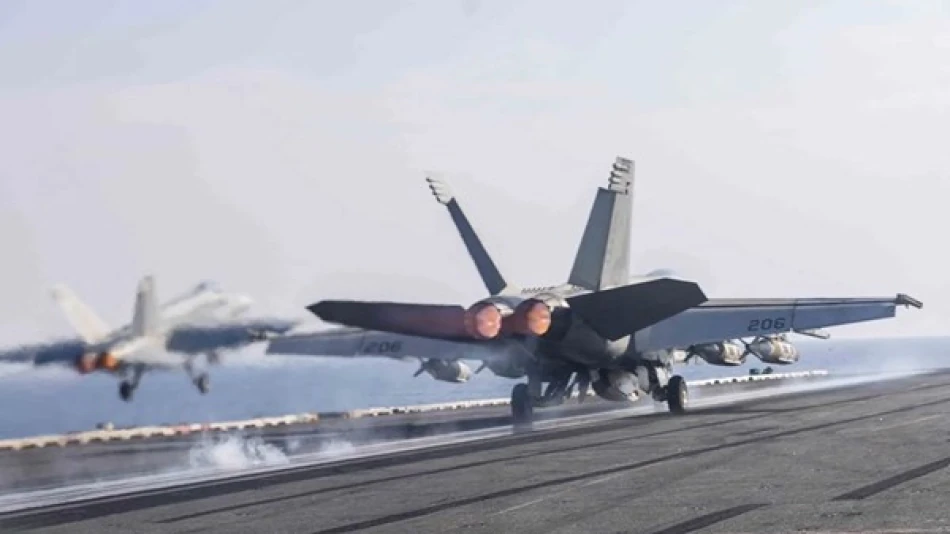
US Military Busts Drug Smuggling Vessel in the Caribbean
US Military Launches "Lethal Strike" on Caribbean Drug Vessel in Trump Administration's First Maritime Operation
The United States military has conducted what Secretary of State Marco Rubio described as a "lethal strike" against a drug-trafficking vessel in the southern Caribbean, marking the first significant maritime enforcement action under the new Trump administration. The operation signals an immediate escalation in America's war on drugs in regional waters that serve as critical transit routes for South American narcotics.
High-Level Confirmation of Military Action
Secretary of State Marco Rubio confirmed Tuesday that U.S. forces executed the deadly operation against the drug vessel in Caribbean waters. His statement followed earlier comments from President Donald Trump, who indicated that American forces had "opened fire" on the drug-carrying boat.
The choice of terminology—describing the action as a "lethal strike"—suggests a significant escalation from typical interdiction operations, which usually involve boarding and seizure rather than direct military engagement.
Strategic Implications for Regional Drug Enforcement
Caribbean as Critical Transit Zone
The southern Caribbean represents one of the most heavily trafficked drug corridors in the Western Hemisphere. Colombian and Venezuelan criminal organizations routinely use these waters to transport cocaine and other narcotics toward North American markets, making the region a strategic priority for U.S. law enforcement.
Unlike previous administrations that primarily relied on Coast Guard interdictions and cooperative agreements with regional partners, this operation suggests the Trump administration may be willing to employ more direct military force against trafficking networks.
Departure from Traditional Interdiction Methods
Historically, U.S. anti-drug operations in Caribbean waters have focused on interception, boarding, and arrest rather than lethal force. The shift toward what Rubio characterized as a "strike" rather than an interdiction could indicate a fundamental change in rules of engagement for maritime drug enforcement.
This approach mirrors counter-terrorism operations more than traditional law enforcement, potentially reflecting the administration's view of major drug trafficking organizations as national security threats requiring military rather than purely civilian responses.
Broader Policy Context
The operation comes as the Trump administration has signaled its intention to take a more aggressive stance against drug cartels and trafficking networks. During his campaign, Trump frequently discussed the possibility of military action against cartels, particularly those operating along the U.S.-Mexico border.
The Caribbean operation may serve as a testing ground for more assertive military engagement with drug trafficking organizations, potentially extending beyond traditional law enforcement cooperation with regional partners like Colombia and other Caribbean nations.
The timing and public nature of the announcement suggest the administration intends this operation to serve as both a deterrent to other trafficking networks and a signal of policy shift to international partners and adversaries in the region.
Most Viewed News

 Layla Al Mansoori
Layla Al Mansoori






